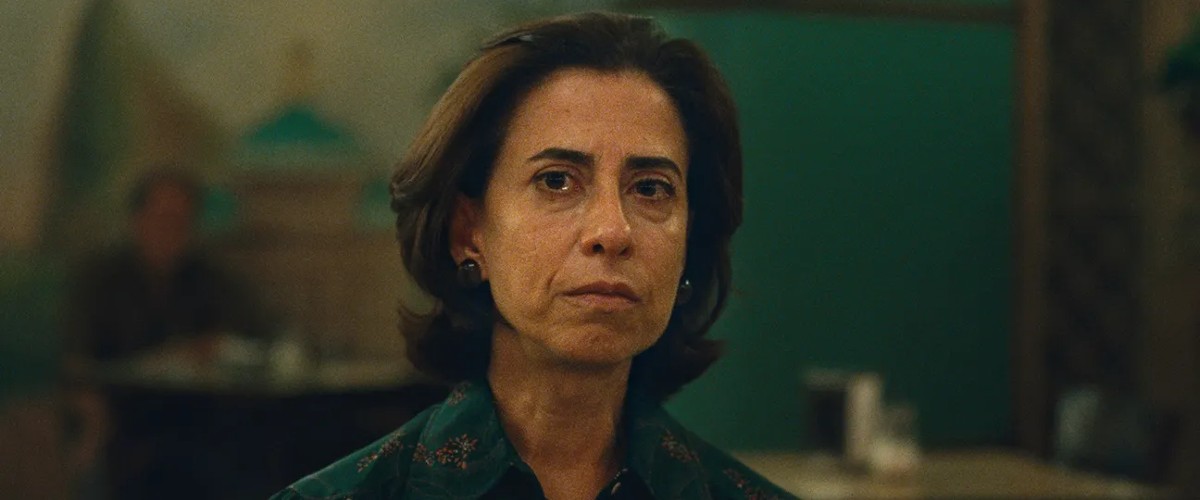
"Walter Salles' " I'm Still Here," which won the Best International Feature Film Oscar earlier this year, calmly but powerfully observes a real-life personal struggle under a dictatorship in Brazil during the early 1970s. While never overlooking the grim and horrific aspects of that time, the movie stays focused on small but resonant human moments, and these intimate interactions become all the more poignant to us as the story eventually arrives at its two-part epilogue."
"The country has been under the military dictatorship for years since the 1964 Brazilian coup d'état, and Rubens and his family had to go through a brief period of exile due to his left-wing political career during that time. However, he is now back in his former civil professional career as focusing more on his family's welfare, and the opening part of the movie phlegmatically depicts how he and his family happily go through another day of their mundane life."
The story centers on Rubens Paiva, his wife Eunice, and their five children in Rio de Janeiro in December 1970. Rubens returns from brief exile to resume a civil career and to focus on his family's welfare. Domestic routines and ordinary pleasures anchor the family's days even as the military dictatorship's threat steadily intensifies. Friends prepare to leave the country for safety, and the eldest daughter is sent abroad. Eunice notices private phone calls and unexplained secrecy from her husband. One day, armed men enter the family home and escort Rubens away for interrogation, leaving Eunice and the children under surveillance.
Read at Roger Ebert
Unable to calculate read time
Collection
[
|
...
]